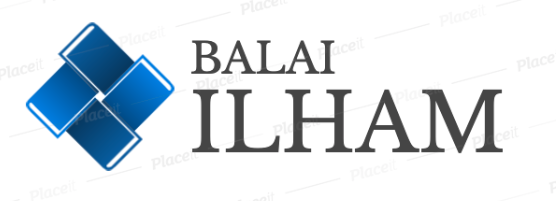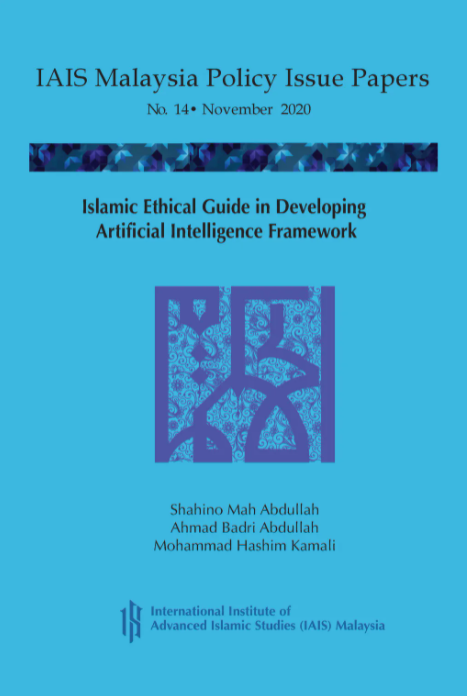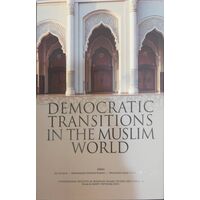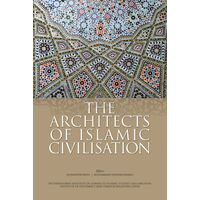PIP 14: Islamic Ethical Guide in Developing Artificial Intelligence Framework
Author: Shahino Mah Abdullah, Ahmad Badri Abdullah, Mohammad Hashim Kamali
Publisher: IAIS
ISBN:
Pages:
Year: 2020
Price: RM8
This paper is the outcome of collaborative work by the Islam and Science, Technology, Environment and Ethics unit, with the guidance of Professor Dato’ Dr Mohammad Hashim Kamali. We have discussed challenges related to the ethical issues stemming from the adoption of artificial intelligence (AI) in human society. Arguably, within this area there is conceptual confusion that demands explanation, as well as critical ethical issues on personhood, legal rights, privacy, security, human capital and social dilemmas that require proper guidelines and effective solutions. Current progress in automation, robotics and AI offers significant advantages to human society, including increases in working efficiency, accuracy, productivity, speed, and cost-saving. However, the boundless landscape of AI has generated growing concern amongst futurists and AI experts concerning potential ethical issues as mentioned above. This paper discussed the measure taken by Western countries when considering the status of intelligent robots and their rights, including the suggestion that they be given the legal status of ‘electronic persons’. The proposal was initially brought forward to clarify the ethical, technical, and liability issues associated with automation, but eventually incorporated the whole concept of robotics. Concurrently, the role of the higher objectives of Islamic law (maqasid al-shariah) is frequently highlighted when it comes to the threat AI and robots pose to humans. Prioritising Islamic principles and practicing Islamic teachings in every aspects of life is part and parcel of efforts to protect the faith (hifz al-din). Our efforts to provide Islamic standpoints when addressing AI-related issues are considered part of this process. Components that highlight the protection of life (hifz al-nafs), lineage (hifz al-nasl), intellect (hifz al-‘aql), and property (hifz al-mal) are also discussed to address issues related to the AI threat to human security, social interaction, human resources, and legal rights, respectively. We emphasise that the real threat does not solely emanate from technology, but from the human choices underlying its management. Both humans and AI technology have their own strengths. It is important to promote the synergising of these two—human and machine power—to create the perfect blend for attaining real benefit. The paper provides ethical Islamic insights as a guide to develop holistic AI framework, and it ends with a conclusion and set of actionable policy recommendations of relevance to policy makers and the industry. All individuals are encouraged to embrace intelligent technology in such a way that will not sacrifice the essential aspects of human dignity.








